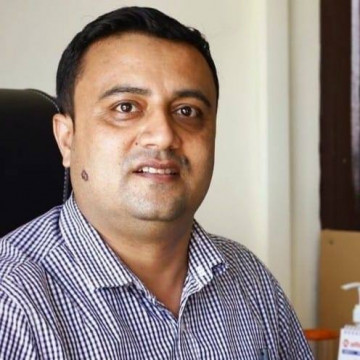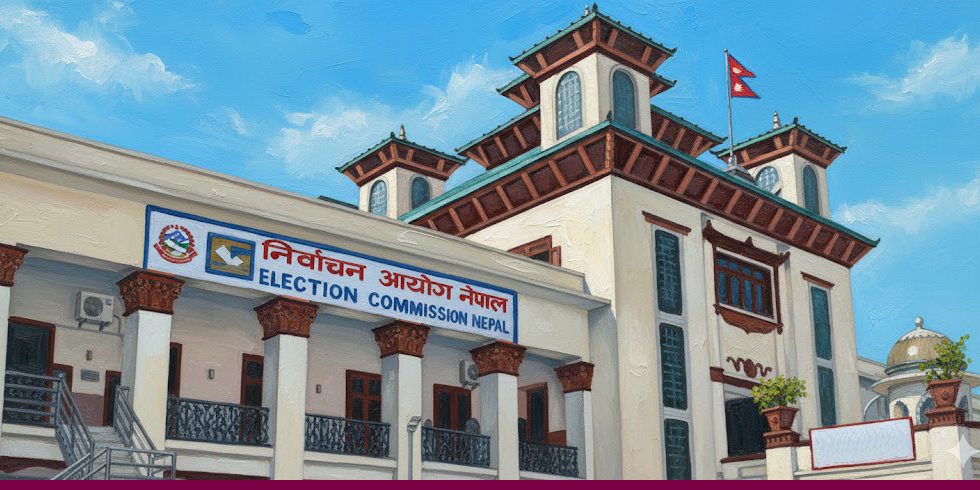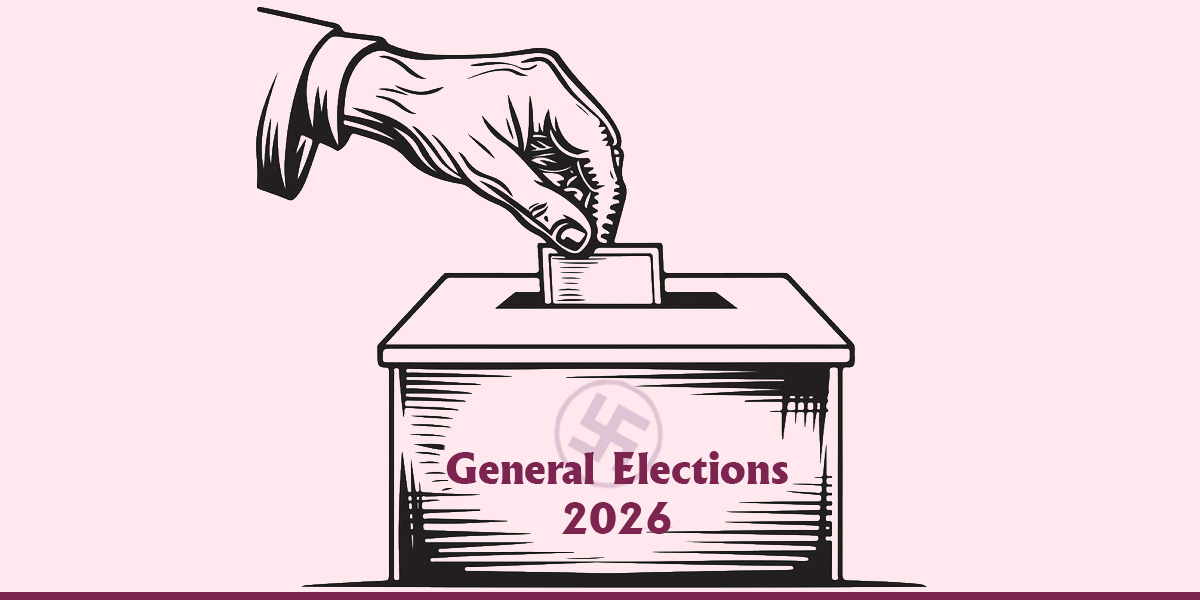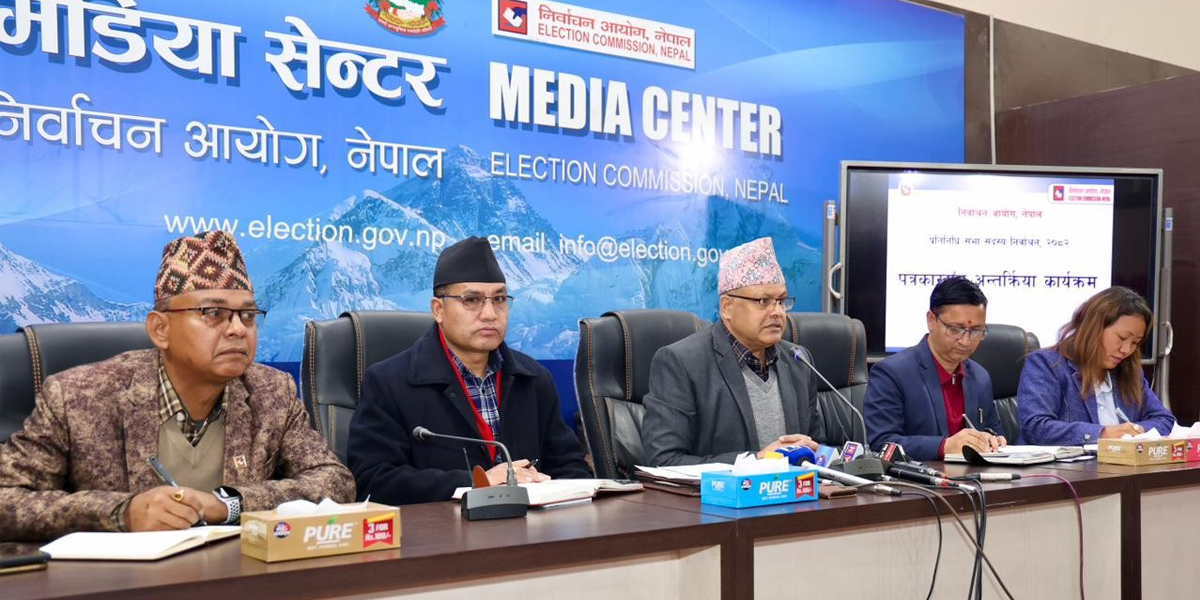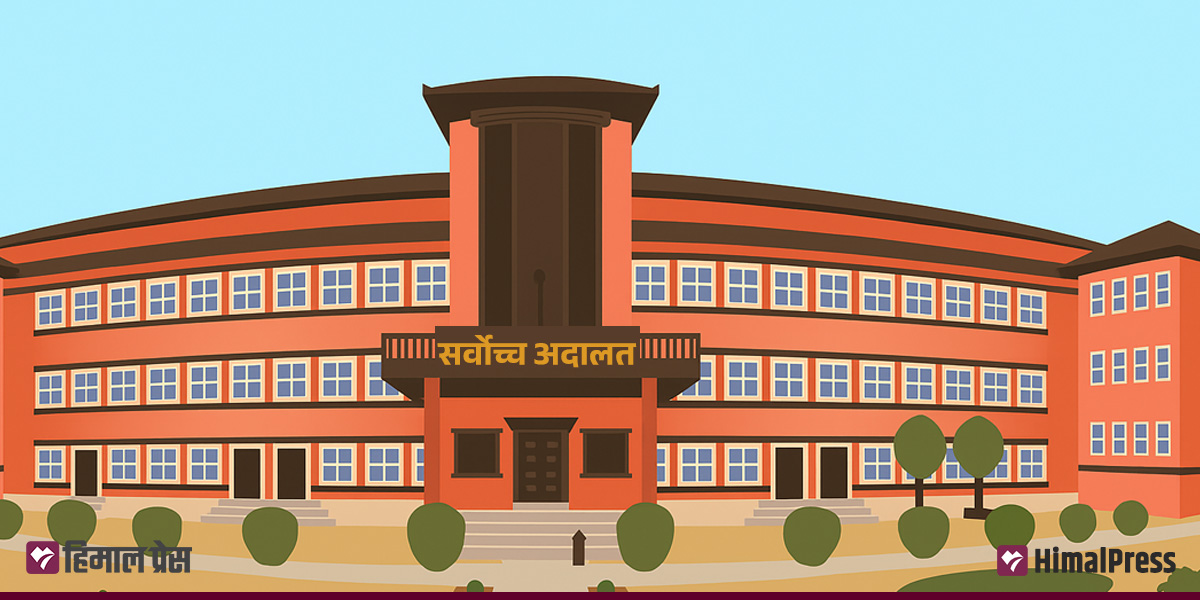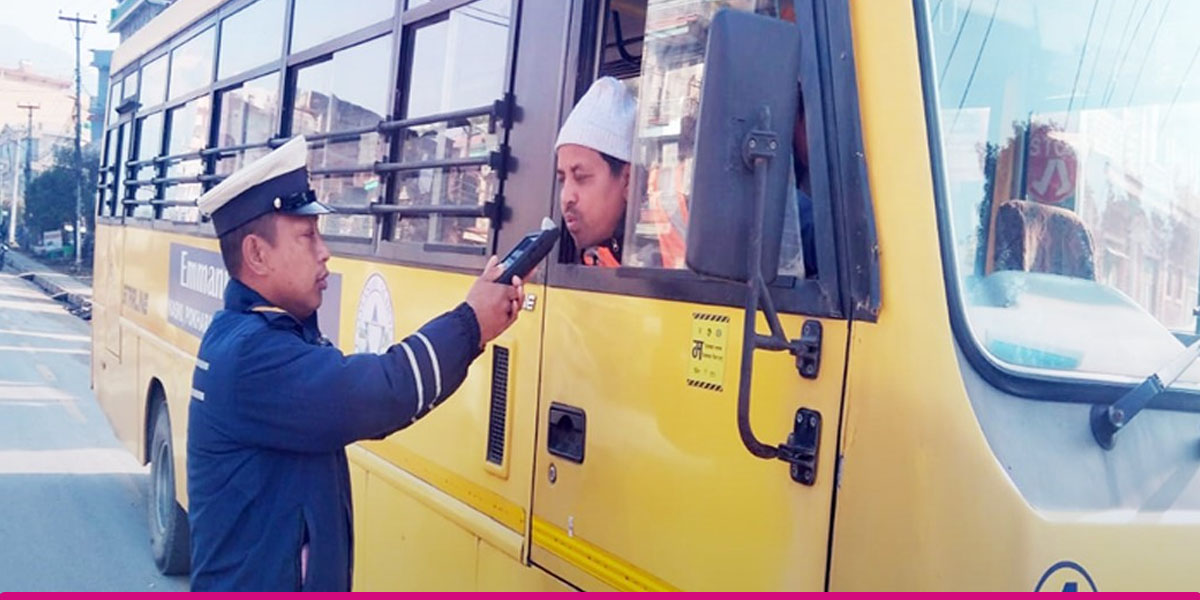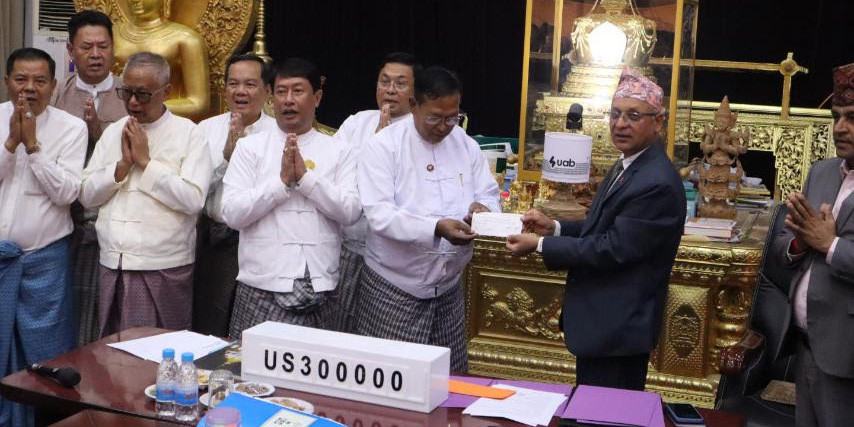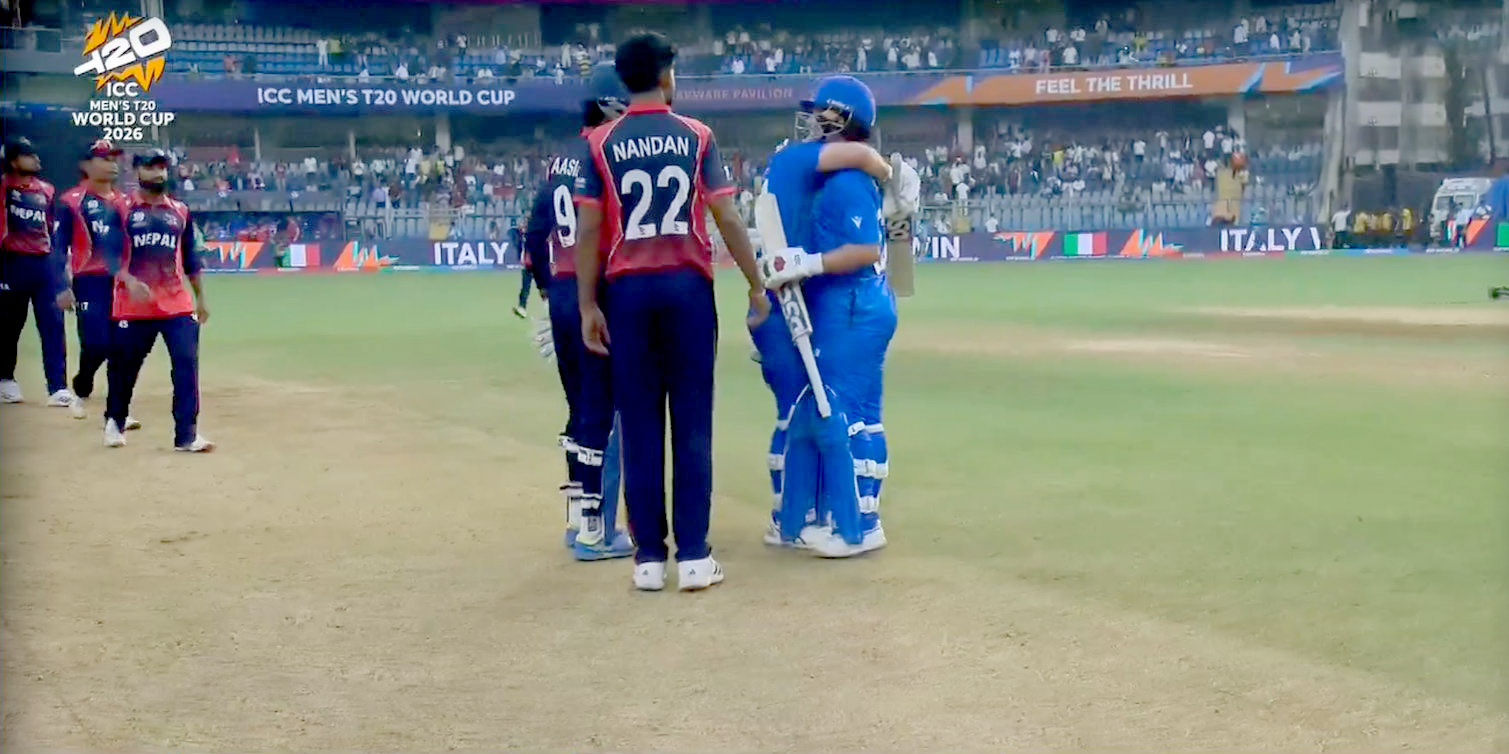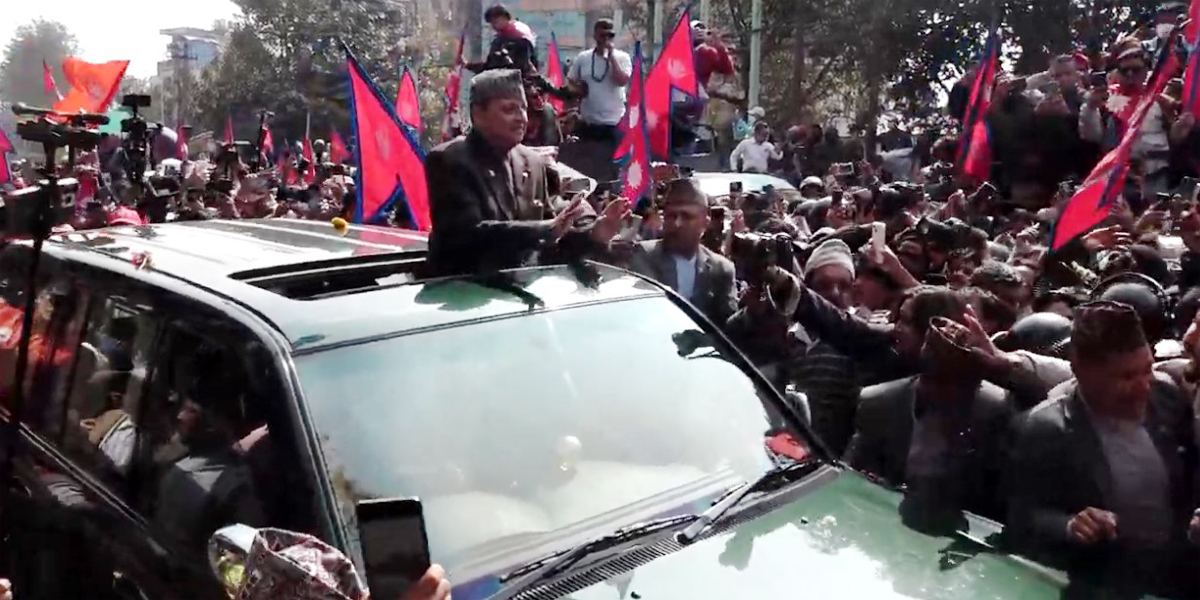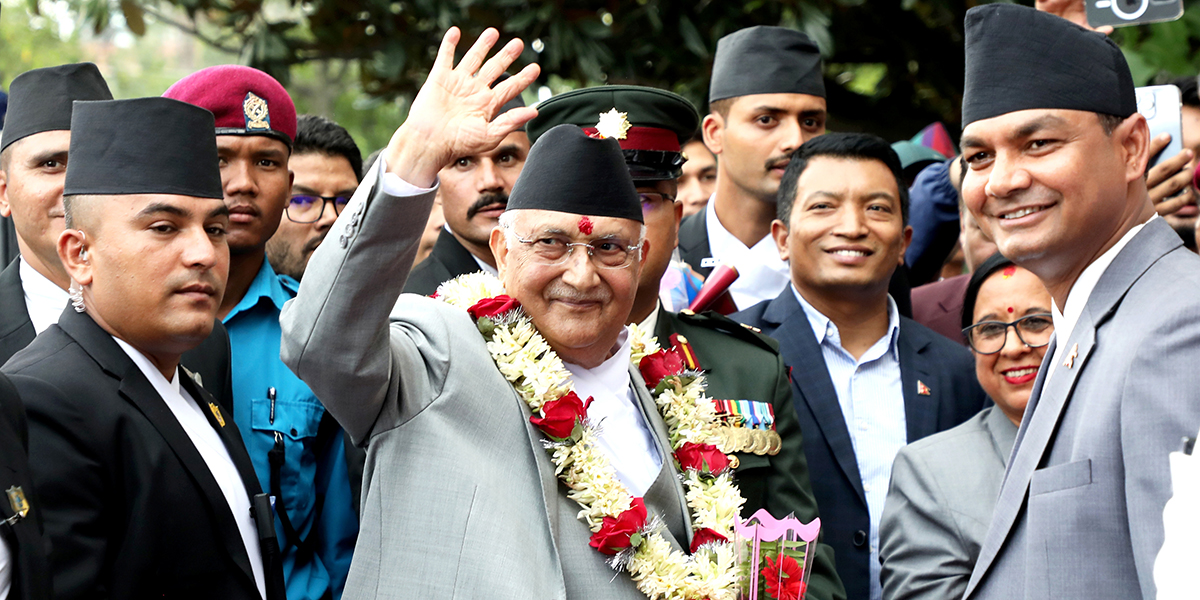 Oli waves to his supporters as he assumed office in Singha Durbar on Monday. Photo: RSS
Oli waves to his supporters as he assumed office in Singha Durbar on Monday. Photo: RSS
KATHMANDU: KP Sharma Oli, who was accused of trying to undermine the constitution during his last term, has returned to Singha Durbar after three years. This time, he has ascended to power with the agenda of amending the constitution.
Oli assumed office as the Prime Minister for the fourth time on Monday with the support of Sher Bahadur Deuba, the president of the Nepali Congress. At a time when people are feeling disillusioned due to political instability with frequent changes in the government, the two largest parties in the House of Representatives have come to power. The tasks ahead for the two parties, however, are challenging. If the government fails to address public disappointment, the efforts of these two parties will prove futile.
Political analysts suggest that Oli and Deuba should focus more on what they can give to the country rather than what they can gain from it. These seasoned politicians, who have experienced every political development since the Panchayat era, need to prioritize this approach. Some believe that Oli might be able to implement genuine changes in the constitution if he wishes. However, if he has come to power with the intention of making his party the largest in the country, attempting to dissolve parliament as before and pushing for mid-term elections, the country could face problems again.
It is difficult to predict how Oli’s fourth term will unfold, given his controversial attempts at parliament dissolution and subverting democratic process in the past. Since Oli is leading a government with a near two-thirds majority, he can amend the constitution if he chooses. He has the opportunity to revitalize the government. If he can address economic recession and political instability, it could overshadow his past mistakes in the public eye.
Analysts say if Oli truly works for the country’s benefit without considering himself omniscient and expert, he, as an experienced politician, can succeed.
Oli was appointed Prime Minister for the first time in 2015, then again in February 2018, and for the third time in April 2021. He was considered a very powerful Prime Minister in his second term. However, due to party issues, he unsuccessfully attempted to dissolve parliament. In his third term, he again tried to dissolve the House of Representatives.
The people will start feeling that the country is heading in the right direction if the government adopts a positive approach, avoiding attempts to dismantle naturally functioning permanent mechanisms and instead focusing on rebuilding broken systems. Problems arise when leaders consider themselves experts in all matters after coming to power and view others as insignificant. This mindset needs to be avoided.
Analysts say if Oli truly works for the country’s benefit without considering himself omniscient and expert, he, as an experienced politician, can succeed. “He will also receive support from the NC as Deuba is considered a more compatible ally. Since this government was formed without significant geopolitical maneuvering, it should be easier to work, although geopolitical issues will need to be managed in the coming days,” a political analyst said.
Things would have been easier for Oli if the foreign minister were from his party as it would have facilitated better coordination. This could be a potential issue between the two coalition partners. There may be disagreements on various other matters as well. The level of cooperation between KP Oli and the foreign ministry should ideally match that between Oli and Kamal Thapa, chairperson of the Rastriya Prajatantra Party Nepal, of 2015. Oli and Thapa used to speak each other’s language. If such cooperation can be achieved, this government can last longer.
“If this government doesn’t last long, I wonder which will,” questioned political analyst and scholar Dr. Hari Sharma. “Those in power are experienced. If they govern well, the country will progress. Otherwise, a difficult situation will arise. With a strong opposition, there is a need to move forward very cautiously by fostering cooperation.”
The government faces challenges ranging from internal politics and economic issues to maintaining smooth relations with neighboring countries. The behavior of ruling political parties towards each other will also be crucial. Oli needs to rectify the mistakes that he made, knowingly or unknowingly, and out of arrogance during his previous terms in power. If Oli can work grounded in reality without forgetting the current situation, there should not be any problems.
Oli’s responsibility is to maintain political stability. If constitutional amendments are necessary for this, open debates can be conducted, and suggestions can be taken by forming a commission. The constitution is a dynamic document that needs to be updated with time. However, political analyst Professor Devraj Dahal warns against further weakening the already weak state under the pretext of amending the constitution. “Even during the Panchayat era, the state wasn’t weak. Now the state is in a weakened condition,” he said. “When the system is weak, it can be corrected and changed, but when the state is weak, it leads to dire consequences. We are in that situation now. Capital, youth, and experts are all fleeing. It is unfortunate that the country is running on remittances sent by migrant workers. This needs to improve.”
Dahal said that while banks have become strong and middlemen have prospered, the situation of farmers has not improved. “A country that doesn’t focus on industry and agriculture will never progress. Developed countries have not only passed this stage but have gone beyond it,” he added.
Dahal suggests waiting for some time to see how the government proceeds before making judgments.
It is necessary to debate and reach conclusions on issues currently being discussed by the two parties such as reducing unnecessary expenses by decreasing the number of municipalities, moving proportional representation to the National Assembly, and conducting direct elections for provinces.
If Oli, who is skilled at bringing people down and making fools of them, applies his mind positively to state affairs, it should not be too difficult for him to run the government. This is because he has the responsibility to win the trust of the general public. He needs to focus equally on constitutional amendments as needed, providing easy service delivery to the people and establishing good governance in the country. The main challenge now is to revitalize the economy. It is also necessary to review and improve upon the weaknesses of the past while in power. If the current government moves forward with the concept of national consensus, it can face strong opposition and maintain parliamentary practice in the state. Only then will people feel the presence of democracy in the country.
Looking at the parties included in the cabinet, it appears that the government is genuinely preparing for constitutional amendments. It will be difficult for the two parties to forge consensus on issues such as the election system and inclusive proportional representation while amending the constitution. They need to take not only the CPN (Maoist Center), which is currently in the opposition but also their potential allies focused on Madhesh into confidence. It is necessary to debate and reach conclusions on issues currently being discussed by the two parties such as reducing unnecessary expenses by decreasing the number of municipalities, moving proportional representation to the National Assembly, and conducting direct elections for provinces.
Oli’s comeback will be meaningful only if decisions are made by keeping people at the center of government operations.

